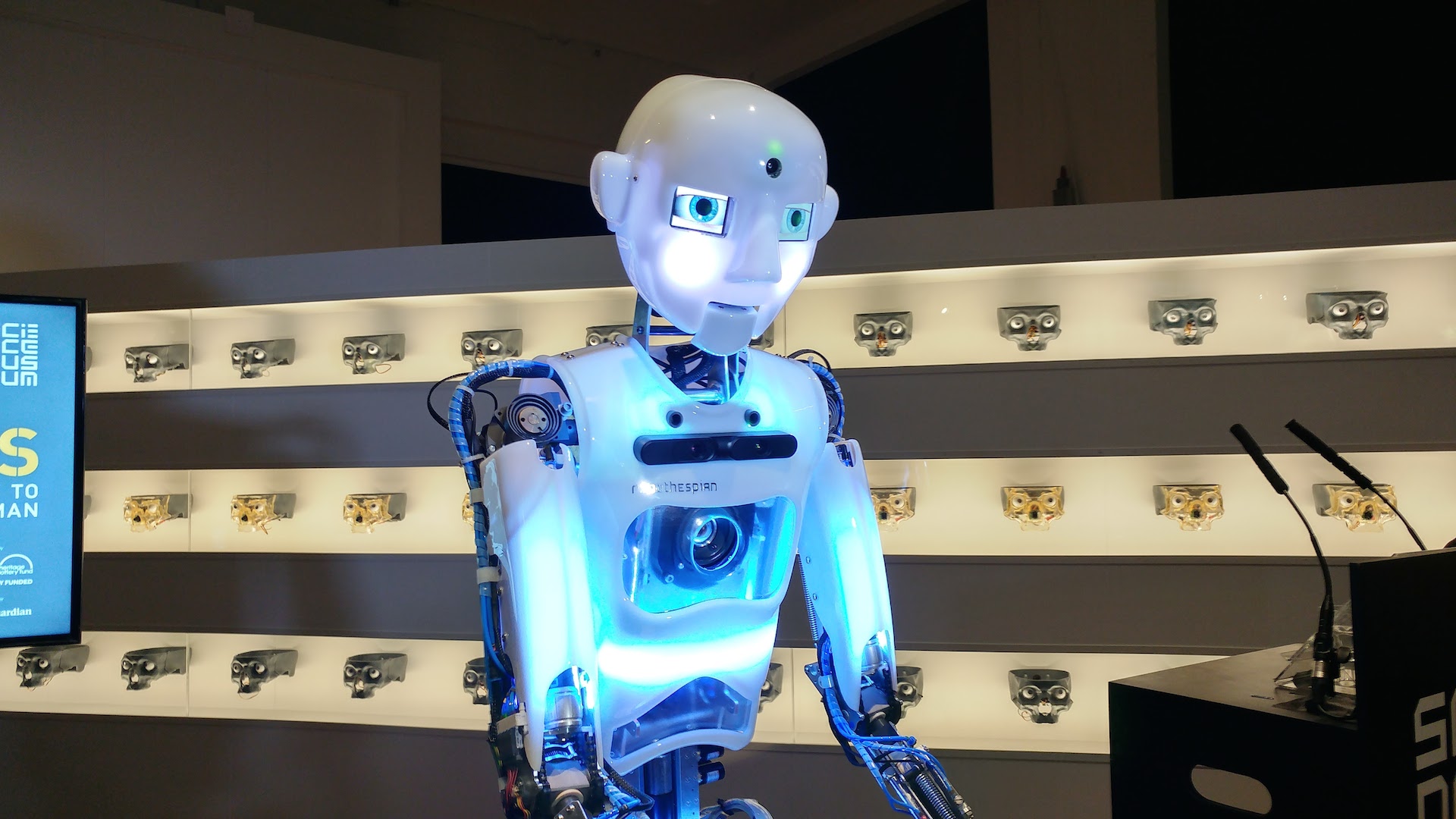Robots and AI will have a huge impact on UK jobs by 2030
Automation will snaffle 30% of jobs – but will that be a bad thing?

Will robots steal our jobs? It’s a question that keeps popping up, and the latest answer from PwC is that almost a third of existing jobs in the UK could be at risk of becoming the domain of robots or AI by the close of the next decade.
PwC’s report forecasts that 30% of jobs could be at ‘potential risk of automation’ by the time 2030 rolls around, and that less well-educated workers are facing the highest risks of having their roles given to a robot.
Specifically, the employment sectors most likely to be affected are transportation and storage, with 56% of jobs at risk of automation in this area, along with manufacturing (46%), plus retail and wholesale (44%).
The good news is that all this new technology driving automation will generate fresh jobs in the digital arena – maintenance and so forth – and on a broader level, the tech will boost overall wealth and spending. And the latter, in turn, should generate new jobs in the service sectors.
Fence-sitting
PwC sits on the fence at this point, claiming that the net long-term impact of all this automation on UK employment levels could be either positive or negative; it’s not willing to make the call at this point.
But what the consultancy firm does say is that average incomes should rise due to the productivity gains driven by this tech, but those increases may not be spread evenly across income groups. So the lower-paid may be likely to suffer more, and that’s something the government should guard against.
In the report, PwC observes: “There is a strong case for increased investment in lifelong vocational education and training to help people adapt to increased automation. Universal basic income schemes may also be considered, but suffer from potential problems in terms of affordability and adverse effects on work incentives.”
Sign up to the TechRadar Pro newsletter to get all the top news, opinion, features and guidance your business needs to succeed!
As for other countries, some face even greater risks of roles being automated, with 38% of jobs at high risk of automation come 2030 in the US, and 35% in Germany. Japan has a much lower risk factor though: 21%.
Via: The Guardian
- Here are the 10 personal robots that could be headed to your home
Darren is a freelancer writing news and features for TechRadar (and occasionally T3) across a broad range of computing topics including CPUs, GPUs, various other hardware, VPNs, antivirus and more. He has written about tech for the best part of three decades, and writes books in his spare time (his debut novel - 'I Know What You Did Last Supper' - was published by Hachette UK in 2013).